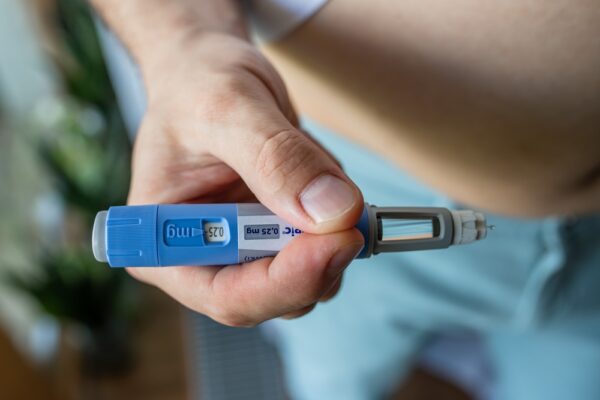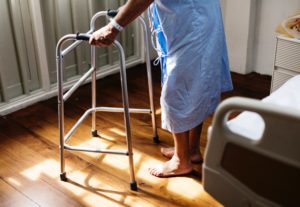A couple of weeks ago the popular news program “60 Minutes” aired a story on Bayer’s Trasylol. The broadcast told the tragic story of Joseph Randone and his experiences following heart surgery where Trasylol was used to reduce bleeding during the surgery. Physicians told the Randone family that the risk associated with the surgery was around five percent and that Joe would likely be able to return home in less than a week. Immediately following the surgery doctors made the family aware of complications during the surgery and alerted them that making it through the night would be the first challenge that he would face. The physician told the Joe’s wife and daughter that he believed Trasylol was responsible for the complications.
Ten days after Joe’s surgery the New England Journal of Medicine published the results of the largest Trasylol study ever conducted at the time. The study, conducted by Dr. Dennis Mangano, “showed an important association between Trasylol use and kidney failure requiring dialysis.” The study also showed an increased risk of death in patients who were given Trasylol.
Researchers in Germany expressed concerns about Trasylol’s effect on kidney function as far back as the early 1980’s, long before the drug was ever introduced to the U.S. market. In 1992 a small study conducted by one this country’s leading heart surgeons, Dr. Kouchoukos, Trasylol was administered to 20 patients. Of the 20 involved in the study 13 experienced kidney problems after the procedure.
The FDA approved Trasylol for high-risk patients in 1993 and approval was expanded to cover all heart bypass patients in 1998. By 2005 Trasylol sales were at a one third of a billion per year with projections of three quarters of a billion in 2006, but then along came Mangano’s study.
After the study was published in the NEJM, Bayer hired Harvard professor Dr. Alexander Walker to review the records of almost 70,000 patients. This was an effort to determine the accuracy of Mangano’s study before the FDA advisory panel meeting, scheduled to convene in eight month’s time. The results of the Bayer sponsored study suggested the same risks that Mangano had seen to in his study.
At the FDA advisory hearing Bayer representatives made no mention of the study that had been conducted on their behalf.
Over this period Joe Randone had undergone 19 operations including the sewing shut of his eyelids, the removal of his gall bladder, and the amputation of his legs.
In 2007 a Canadian study on Trasylol had to be stopped because the patients involved in the trail were dying. This prompted German authorities to ban Trasylol and Bayer temporarily suspended marketing for the drug in both the US and Canada.
“Between my study and November 5, when it was taken off the market, there were approximately 431,000 patients who received the drug. As I calculated, 22,000 lives could have been saved. It’s about a 1,000 lives saved per month delay in taking that drug off the market,” [Mangano] says.
Joseph Randone died in August of 2006. His family has filed a lawsuit against Bayer.

The Legal Examiner and our Affiliate Network strive to be the place you look to for news, context, and more, wherever your life intersects with the law.













Comments for this article are closed.